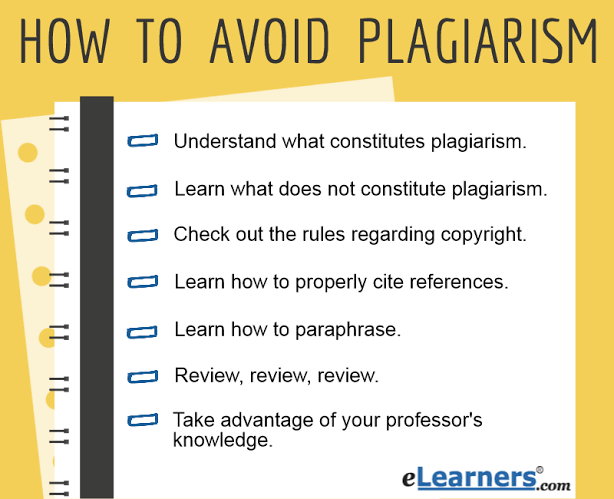Achievement 3 Task: Content Etiquette by @ifeanyibest
Plagiarism
In most of the cases, people shrug off their shoulders by taking plagiarism too lightly.
.png)
A common perception of plagiarism is ‘copying another's work or borrowing someone else's original ideas'. However, terms like "copying" makes the offense look a little lighter. As per Merriam-Webster Online Dictionary, the word "Plagiarize" means the following:
To steal and pass off (ideas/words) of others
Using others' production without proper citation
Committing a literary theft
Presenting someone's ideas or product as something new
Copying a paper verbatim that is available in digital or printed form.
Taking someone else's work and presenting it as completely your own.
Handing in or submitting the papers that you didn't write actually.
Using other author's ideas, text, or work without proper citation.
Paraphrasing
Failing to put a quotation mark on the quoted work.
Copying more than a fair amount of words from some paragraph and rephrasing it as your own work. (if that is cited properly, will not be considered plagiarism).
Types of Plagiarism
There are many types of plagiarism. We are just quoting a few of them.
Direct Plagiarism: It is the word-for-word transcription of a section of someone else's work, where the user doesn't use quotation marks or proper citation. Such deliberate actions are considered unethical and academic dishonesty.
Self-Plagiarism: This occurs when a person submits his/her own previous work or a mixture of past assignments without permission from the professors, involved.
Patch Writing: This is also called as "Mosaic Plagiarism." It occurs when a student borrows phrases from a source without using quotation marks. Or s/he finds synonyms for the author's language but keeps the same general structure and meaning of the content.
Accidental Plagiarism: Such situation happens when a person neglects to cite their sources, or misquotes them. Unintentional paraphrasing or grouping of words that match some other source may also fall under this. Cases of accidental plagiarism are taken as seriously as any other plagiarism.
Consequences of Plagiarism?
As plagiarism is considered an offense, its fallouts are not positive for the person/institution accused of. Look at the following probabilities.
Destroyed reputation of the individual
Destroyed reputation of the academic intuition
Failure in the particular assignment
Rewards of low grades in the course
Academic penalties
Academic probations
Dismissal from the university
Lawsuits for copyrights violation
Financial compensation for the original writer

How to Avoid Plagiarism?
By following the simple suggestions, one can easily avoid plagiarism and its negative consequences listed above.
In most of the cases, we can avoid it by citing original sources. A simple acknowledgement that certain material has been borrowed from the said source can keep things normal.
A student can certainly improve his learning of different citation styles to avoid such academic hassles. Plagiarism Checker X has also tried to help students by making a dedicated page of 'referencing guide'.
Even if we try our best, it may happen that we may fall prey to plagiarism, unintentionally. Therefore, the last option is to download a plagiarism detector like Plagiarism Checker X and use it for every assignment. Spend a little amount and time on such scanning service and save yourself from embarrassment and penalties.
Here are some examples of Plagiarism:
Turning in someone else's work as your own.
Copying large pieces of text from a source without citing that source.
Taking passages from multiple sources, piecing them together, and turning in the work as your own.
Copying from a source but changing a few words and phrases to disguise plagiarism.
Paraphrasing from a number of different sources without citing those sources.
Turning in work that you did for another class without getting your professor's permission first.
Buying an essay or paper and turning it in as your own work.
Conclusion
In comprehension towards this particular write up I hereby now know the full details that concerns plagiarism and a equally some effects towards a plagiarist. So I will try my best to adhere to the rules and guidelines covering steemit communities.Thanks for the privilege. I'm
@ifeanyibest